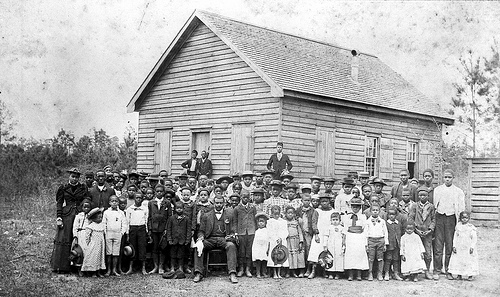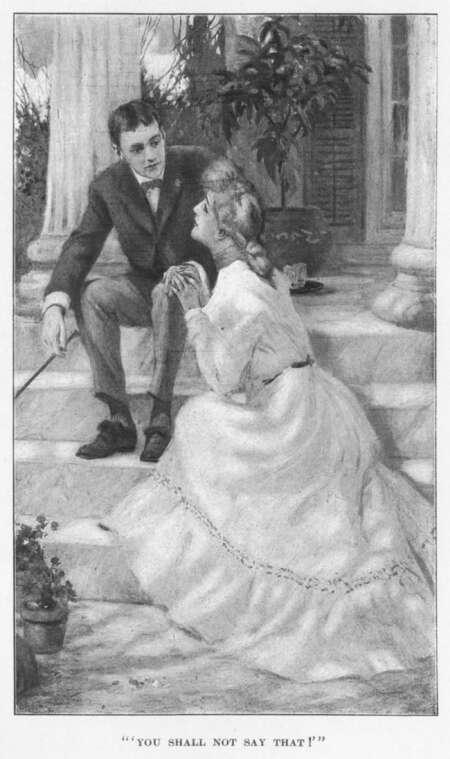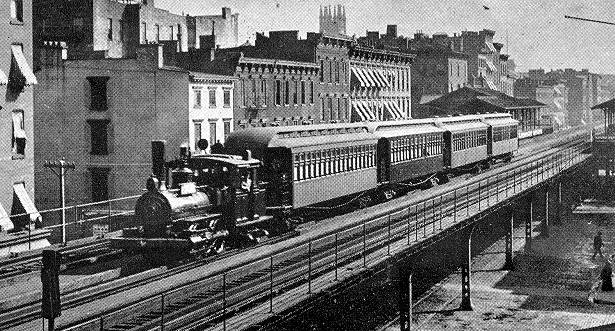Thesis:
While reading American short stories from the late 1800s to early 1900s, many themes and ideas are presented. It would be easy to say that the way humans lived during this era was gritty, rough, sometimes frightening. But it wasn't just the physical way human beings had to live, it was also the emotional way. There was an expectation on how people were to behave and think. Both men and women abided by a social presumption that men were to be strong, bountiful, and final and women were to be quiet, humble, and forthcoming. The themes that are prominent in the nine short stories listed below are social disparity, choice and consequence and duty and these three themes emphasize the hardships of men and women both physically and mentally to adhere to the social expectations bestowed upon them by earlier generations.
While reading American short stories from the late 1800s to early 1900s, many themes and ideas are presented. It would be easy to say that the way humans lived during this era was gritty, rough, sometimes frightening. But it wasn't just the physical way human beings had to live, it was also the emotional way. There was an expectation on how people were to behave and think. Both men and women abided by a social presumption that men were to be strong, bountiful, and final and women were to be quiet, humble, and forthcoming. The themes that are prominent in the nine short stories listed below are social disparity, choice and consequence and duty and these three themes emphasize the hardships of men and women both physically and mentally to adhere to the social expectations bestowed upon them by earlier generations.
Unit One:
Stories that will be studied for Unit One are:
"Cannibalism in The Cars" By Samuel Clemens
"Under the Lion's Paw" By Hamlin Garland
"The Yellow Wallpaper" By Charlotte Perkins Gilman
Unit Two:
Stories that will be studied for Unit Two are:
"The Coup de Grace" By Ambrose Bierce
"The Revolt of 'Mother'" By Mary E. Wilkins Freeman
"The Ransom of Red Chief" By William Sydney Porter
Unit Three:
Stories that will be studied for Unit Three are:
"The March of Progress" By Charles W. Chestnutt
"Editha" By William Dean Howells
"A Journey" By Edith Wharton
September 24, 2014
Unit Two:
Stories that will be studied for Unit Two are:
"The Coup de Grace" By Ambrose Bierce
"The Revolt of 'Mother'" By Mary E. Wilkins Freeman
"The Ransom of Red Chief" By William Sydney Porter
Unit Three:
Stories that will be studied for Unit Three are:
"The March of Progress" By Charles W. Chestnutt
"Editha" By William Dean Howells
"A Journey" By Edith Wharton
September 24, 2014


















